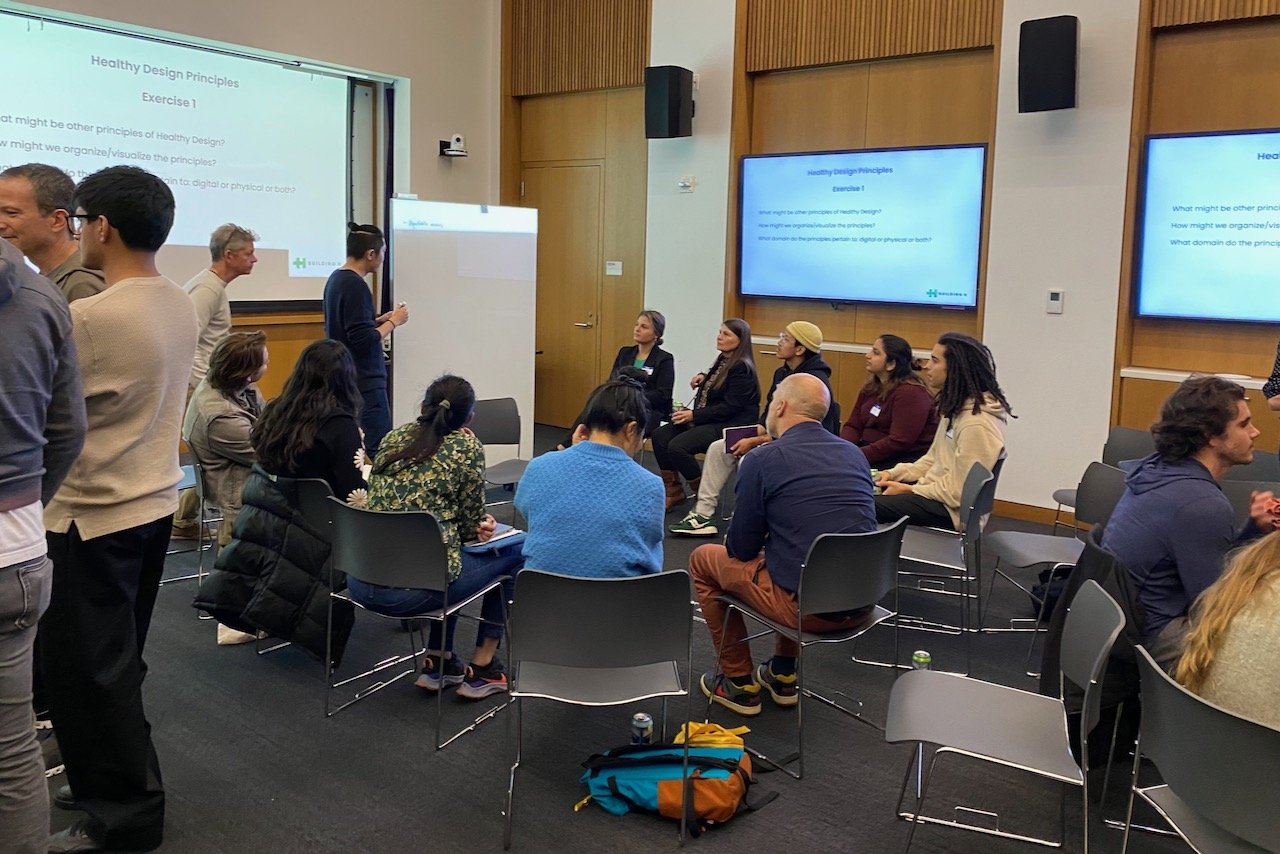Building H #72: Simple or Simplistic?
Two articles in this edition speak to the complex interplay among our environments, our lifestyles, our bodies, our minds, and our underlying biology. The Economist takes a hard look at antidepressants, raising a number of concerns about their widespread use, the hit-or-miss nature of their effectiveness, the increasing skepticism about the underlying science, the difficulty of weaning off of them, and the increasing hazards they pose for older users. There’s no question that antidepressants provide vital help to a great many people, yet we are left with questions about who will be helped, why they will be helped, and how to use them over a long period of time. In most industrialized countries, 10-15% of adults are now on antidepressants and in the U.S., one in four of those have been using them for a decade or more. And yet, an analysis of all trials from 1979 to 2016 showed that about 15% received benefits beyond that of a placebo. (The number rises to 25% for severe depression.) The article is a reminder of how little we ultimately know about such a serious and prevalent condition – and how our system is optimized to provide simple (and seemingly simplistic) answers at scale.
The next article starts in a very different place: a single patient, diagnosed with schizoaffective disorder and also living with obesity, experimented with several diets to control weight gain. When he tried the keto diet, he not only lost weight, his psychiatric symptoms got much, much better. But this article, by Markham Heid, is not about keto diets – it’s about the work of Harvard psychiatrist Christopher Palmer, whose curiosity about the case led him to explore the possibilities of why the two symptoms would both respond to the diet in this way. Palmer, author of the book Brain Energy, notes that obesity and other metabolic disorders like diabetes have been rising in tandem over many years and that people with metabolic disorders of the body are more likely to have been diagnosed with mental illness. He’s developed a novel theory of mental illness that is based on the ideas that 1) mental disorders are metabolic disorders of the brain and 2) that metabolic disorders of both brain and body are driven by breakdowns in mitochondrial function. And what causes these breakdowns? In Palmer’s view, it’s the usual suspects that we often talk about at Building H: stress, lack of sleep, too little exercise, and poor diet, as well as environmental toxins. In short, Palmer notes, it’s about modern lifestyles.
Heid’s article concludes where The Economist article begins: that we have mounting crises in metabolic diseases and mental health; that the treatments we employ at scale are not working, in Palmer’s view; that we need to understand the science better; and, he says, we need to stop blaming individuals. Amen.
Building H Updates:
We had a terrific workshop last night in New York. We’re so energized by all who showed up, shared their passions for improving health, and generating great insights on design principles for healthy products and services. Thanks to all of you who joined. We can’t wait for our next workshop, in Boston next Wednesday.
And thank you to everyone who responded to our call to sign up to volunteer for the Building H Index reviews. We’ll continue to recruit volunteers over the next several months.
Read the full newsletter.

